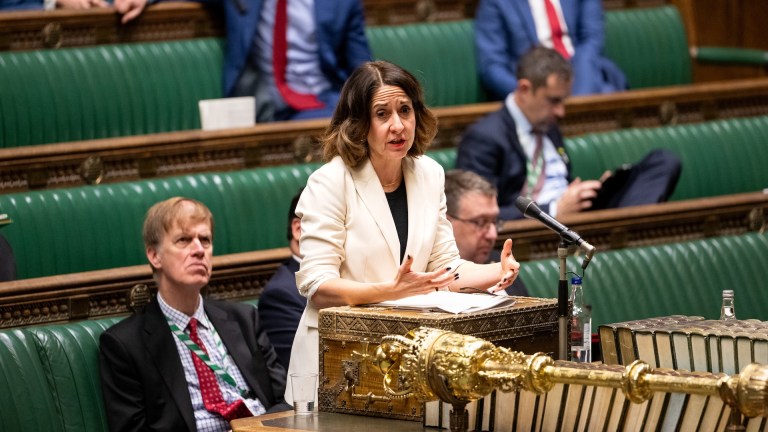The Trades Union Congress has unveiled a “road map” plan to a £15 minimum wage in the UK, calling on the next prime minister to deliver a high wage economy as the country faces a deepening cost of living crisis.
With inflation already at 11 per cent and energy bills expected to hit £4,000 a year from January, the TUC is demanding the government find ways to boost the economy, invest in greater rights and skills for workers, and put long-term growth ahead of short-term returns.
“Every worker should be able to afford a decent standard of living,” said Frances O’Grady, general secretary of the TUC. “But millions of low-paid workers live wage packet to wage packet, struggling to get by – and they are now being pushed to the brink by eye-watering bills and soaring prices.”
The solution, according to a report laying out the proposals, is to give businesses incentives for “high wage, high-skilled and secure jobs rather than a reliance on low-paid and insecure work”.
Putting the needs and rights of workers before profits, by strengthening their hand in corporate decision-making, will raise wages and create greater demand across the economy rather than concentrating wealth in the hands of a minority, according to the report.
“Forcing workers to take the hit while the wealthy increase their wealth has led us into crisis after crisis,” write the report’s authors. “We need a new approach that puts workers ahead of wealth and a productive economy ahead of an extractive economy.










